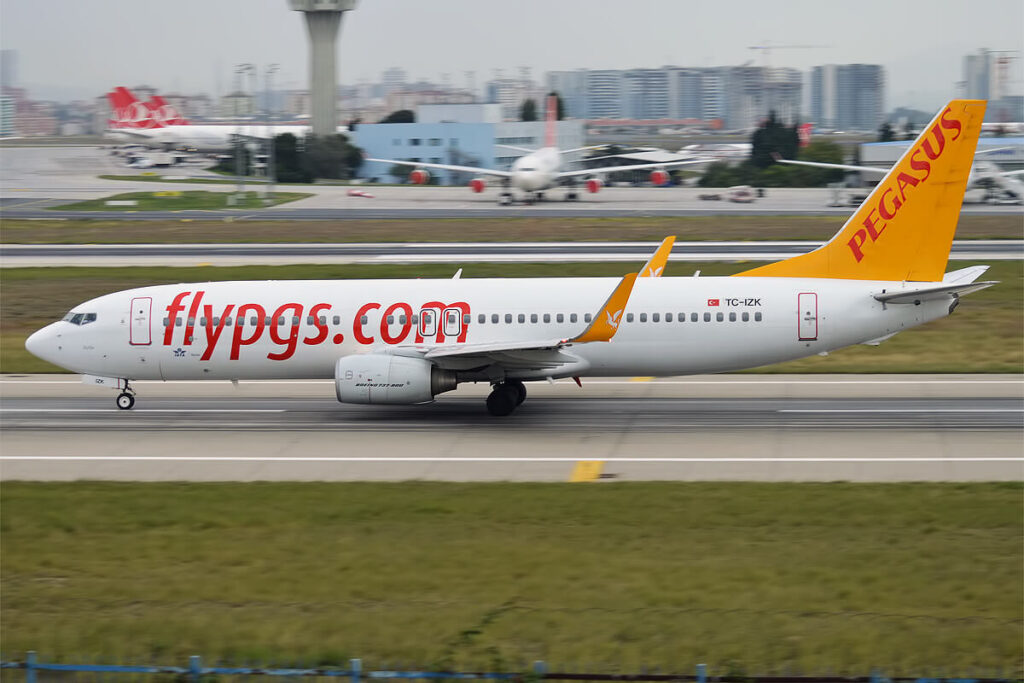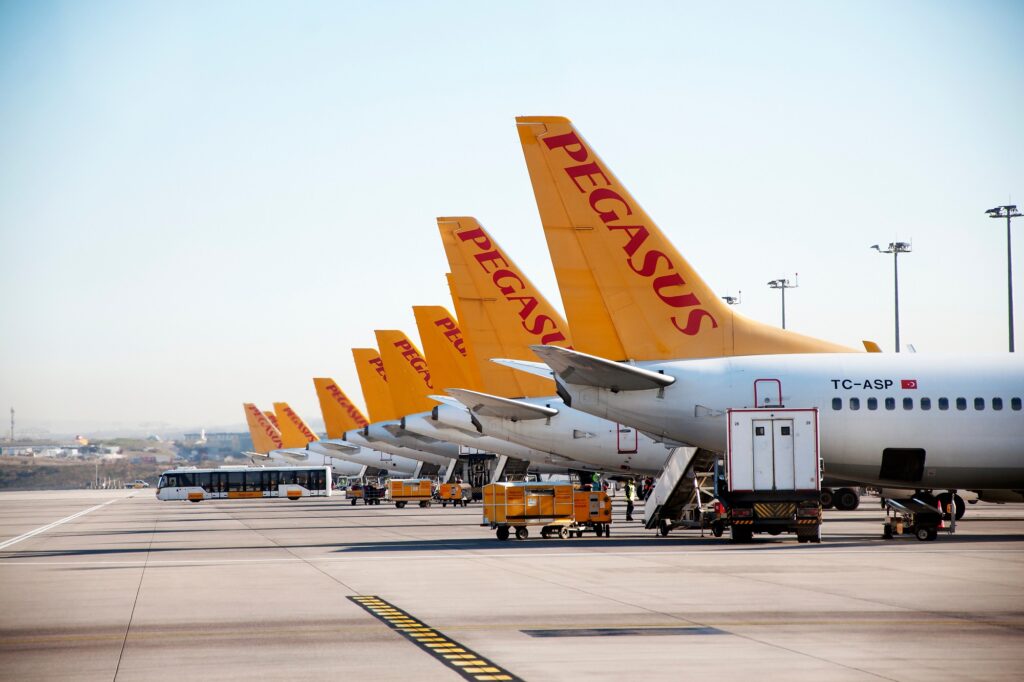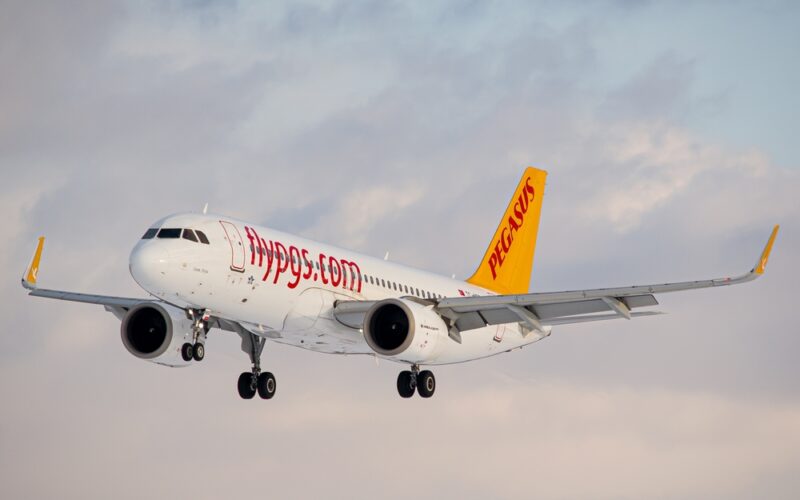Turkish budget carrier Pegasus Airlines has announced it intends to retain its Boeing 737 fleet as it looks to meet growing demand for its services. The announcement marks a sudden about-turn for the carrier which had previously announced that it would become an all-Airbus operator by the end of 2025.
The airline currently has 12 Boeing 737-800s in its fleet with an average age of 9.5 years. The carrier also operates 95 Airbus A320 family aircraft, including seven A320-200s, 46 A320neos, and 42 A321neos. The company also has a further 67 A321neos on order from Airbus.
“We were heading to a single-type fleet,” Chief Executive Officer Guliz Ozturk said. “However, with this growth and with this size, we made our internal analysis and feasibility and decided to keep nine Boeing aircraft. In terms of cost, in terms of complication, it’s manageable.”

Istanbul-based Pegasus had previously planned to phase out its older-generation 737-800s by 2025. However, soaring travel demand, delivery delays of new planes from both manufacturers and the consequential surge in aircraft lease rates due to the lack of available aircraft have prompted the carrier to push back plans for the retirement of the Boeing fleet to 2029, according to Ozturk.
Pegasus is optimistic about its future, particularly at a time when growth at some of its larger rivals is hamstrung by new aircraft delivery delays and engine inspection issues grounding some of their Airbus fleets.
Both Wizz Air and Turkish Airlines have been forced to ground A320neo aircraft over the forthcoming northern summer season due to inspections required on their Pratt & Whitney engines, while the leading European low-cost carrier Ryanair has repeatedly expressed frustration over delayed deliveries of 737 MAX aircraft that were due in time for rh summer 2024 peak. Pegasus uses CFM International turbines on its A320neo jets which are exempt from the inspection requirement.

Pegasus began as an all-Boeing operator in 2000 but has gradually switched to become a largely Airbus-dominated airline. That said, the carrier has not ruled out ordering 737 MAX aircraft in the future should conditions require it.
The company has previously announced that it is considering placing an order for new aircraft for delivery into the next decade. Any order for the 737 MAX would no doubt be warmly received by a beleaguered Boeing that has been struggling with several quality issues since the Alaska Airlines 737 MAX 9 blowout incident in January 2024.

